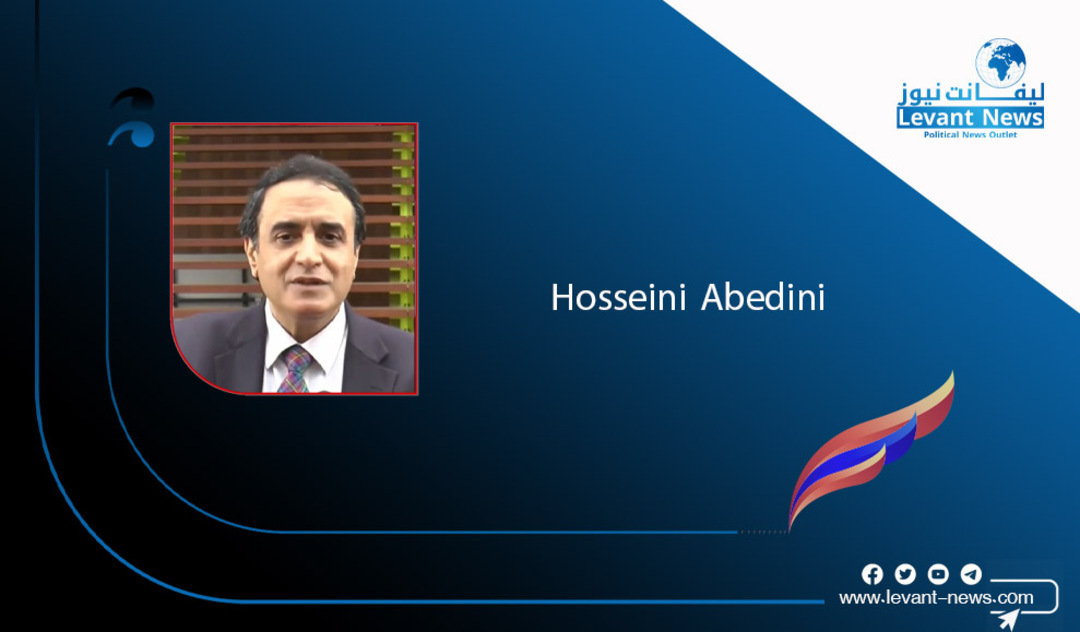-
The Iranian Regime is Gripped by Irreparable Corruption and Economic Crisis

A unique and astonishing phenomenon is taking place within the Iranian regime, granting it a strange advantage by confirming a very important truth: this regime is doing everything possible to ensure its survival, and even considers this an unshakable strategy it cannot abandon. This strange phenomenon is the regime’s pursuit of coexistence with the intractable crisis it faces, as well as with widespread corruption infiltrating all its institutions.
The regime’s attempt to coexist with its suffocating crisis and pervasive corruption follows its failure to confront and mitigate the impact of the crisis, as well as its complete failure to eradicate corruption. Notably, claims of combating and eradicating corruption have become mere slogans, often raised during election seasons and critical periods confronting the regime—yet without any tangible measures accompanying such claims.
Coexisting with these two negative states reflects the extent to which the leaders and officials of this regime are obsessed with power and influence, and their unwillingness to relinquish these even at the expense of the people and future generations. It is noteworthy that the severe crisis across various sectors—particularly the economic sector—continues to tightly grip the regime and threaten to suffocate it. An important observation here is that regime experts admit that even if sanctions are fully lifted and the regime is allowed to export oil normally, it will still be unable to end the crisis. This is because the roots of the crisis are deeply intertwined with widespread corruption among the three authorities and even within the household of the Supreme Leader himself.
Undoubtedly, the regime’s efforts to coexist with the intractable crisis and widespread corruption are not easy. The regime is aware that without resorting to religious rhetoric which has become overused and tiresome—and without intensifying repressive practices under various pretexts, it will face insurmountable difficulties. There is no doubt that the regime also systematically employs lies and deception to obscure the harsh truth: that its main concern is maintaining the regime’s survival and preventing collapse.
A live example of corruption within the regime is the parliament itself, which should be a center for legislation and oversight. Instead, it has turned into a stage for internal conflicts and exposing deeply rooted corruption within the ruling structure. This was clearly evident during the process of appointing a new Minister of Economy and Finance by the regime’s president, Masoud Beshkeian. While the repercussions of the previous minister’s dismissal, Abdul Nasser Hemmati, were still unfolding, his recent statements regarding corruption and blackmail within the parliament stirred a storm of controversy and angry reactions from some deputies—exposing deep cracks in the regime’s facade.
It is notable that the trigger for this crisis was Hemmati’s remarks revealing pressure from certain deputies during his tenure to obtain official positions and responsibilities. These words evoked fierce anger during a recent parliamentary session, where deputies like Kordzai and Beshiri demanded Hemmati either reveal the names of the implicated deputies or issue a formal apology to the parliament. Although these demands were ostensibly presented under the guise of transparency—something the regime constantly claims to pursuethey remain unresolved. Fundamentally, they reflect the intense power struggle among ruling factions and the fear of exposing further scandals.
Undoubtedly, Hemmati’s accusations were not isolated. Other deputies’ statements during the same session exposed the depth of structural corruption within the regime’s economy. Deputy Lahouti pointed to the influence of economic mafias benefiting from subsidized exchange rates, customs exemptions, and tax breaks. He stressed that “these proposals come from a handful of beneficiaries of the rift, deeply embedded within state institutions.” This fierce struggle is nothing but a war among influential centers vying over the remaining scarce resources of a collapsing economy. This aligns with the repeated disclosures by the Iranian resistance over the years, which revealed that the regime’s economy is an corrupt elite-controlled system managed for its own benefit and serving the interests of powerful factions within the regime.
Hussein Abedini
Tags
You May Also Like
Popular Posts
Caricature
opinion
Report
ads
Newsletter
Subscribe to our mailing list to get the new updates!




















